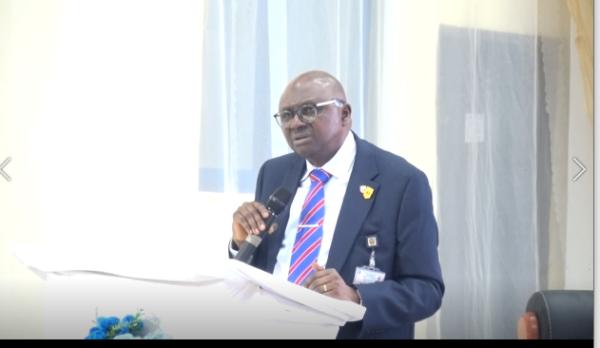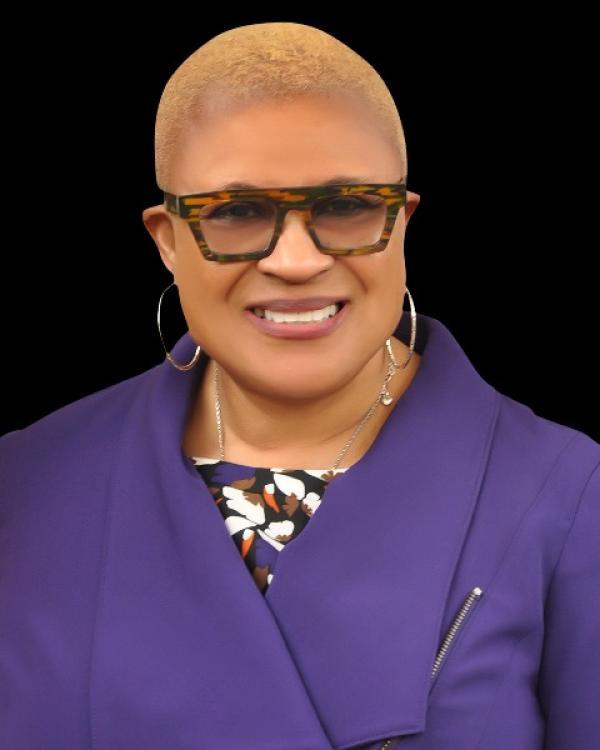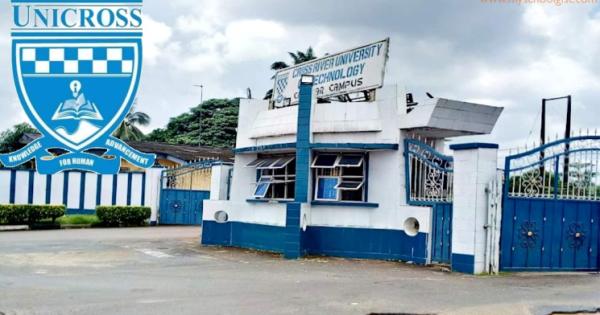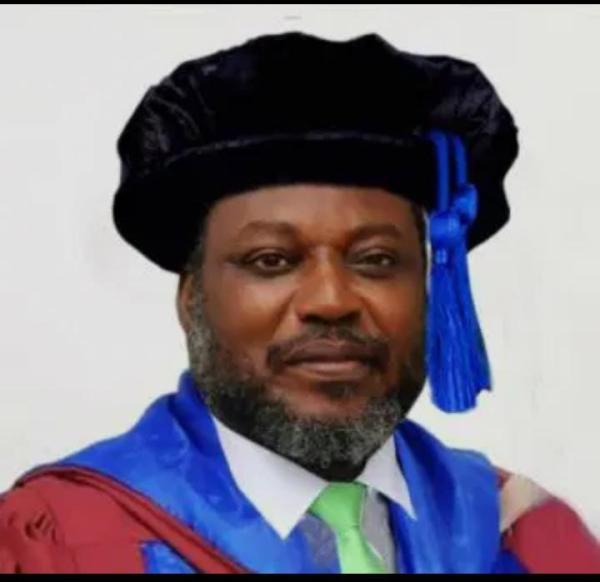
Prof. Kayode O. Adebowale, Vice-Chancellor of the University of Ibadan, underscored the vital importance of ethical integration of artificial intelligence in healthcare during his address at the opening ceremony of the 9th Unibadan Conference of Biomedical Research on September 10, 2025.
The conference, themed "AI in Translational Biomedical Research, Teaching, and Clinical Practice: Opportunities and Challenges," attracted a distinguished audience eager to explore the intersection of AI and medicine.
In his inspiring address, Prof. Adebowale expressed immense pride in hosting this prestigious international gathering, stating, “It is with great honor that I welcome you all to the University of Ibadan for this significant conference that promises to shape the future of biomedical research."
This annual gathering has consistently served as a vibrant platform for intellectual exchange, and this years theme is not only timely but arguably the most transformative for our generation. He highlighted the unprecedented convergence of big data, advanced computing, and sophisticated algorithms that are reshaping healthcare delivery and education.
The Vice-Chancellor noted, Artificial intelligence is no longer a subject of science fiction; it is a powerful tool that is knocking on the doors of our classrooms and hospitals. The opportunities for exploration over the coming days are nothing short of revolutionary." He underscored AI's role in translational research, asserting that it can analyze vast genomic and ethnomic data to identify drug efficacy and repurpose existing therapies—capabilities that seemed unimaginable a decade ago.
Prof. Adebowale asserted that AI holds the key to fostering cures for diseases that have long afflicted humanity. He elaborated on AIs potential in medical education, highlighting the benefits of personalized learning paths and virtual simulations that prepare future doctors, nurses, and researchers in a risk-free environment. These innovations cultivate critical thinking skills before students even encounter real patients, he added.
However, the Vice-Chancellor also warned of the significant challenges that accompany these advancements. Where there are great opportunities, there are also ethical concerns that we must confront, he stated, pinpointing issues such as data privacy, consent, and inherent biases in algorithms. He emphasized that the healthcare community must grapple with a fundamental question: How do we ensure that AI remains a tool that augments human expertise and empathy in medicine rather than replacing the vital human touch that is the essence of healing?
Prof. Adebowale reiterated the University of Ibadans commitment to not merely being passive spectators in the AI revolution. We are dedicated to leading the charge, actively exploring curricular revisions to integrate digital literacy and AI basics into our biomedical programs, he explained. He called for fostering interdisciplinary collaborations among computer scientists, data experts, engineers, and medical researchers, as well as advocating for policies and infrastructure that will support ethical practices in this domain.
In closing, he urged all participants—especially early-career and seasoned researchers—to leverage the conference as a platform for networking and collaboration. Together, we must ask difficult questions, challenge the status quo, and probe the ethical dimensions of AI while developing innovative, context-specific solutions for our national, local, and global health challenges, he concluded.






















